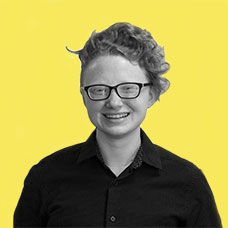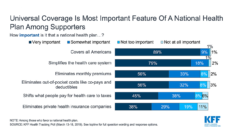Perhaps surprisingly, queer women have a higher risk of unintended pregnancy than their heterosexual peers. Younger generations are at particular risk, and bisexual teenagers are twice as likely as their straight peers to become pregnant. Many queer, cisgender women have sex that could end in pregnancy, but little is known about how they use contraception.
A research team led by Dr. Jenny Higgins conducted a study to understand the high pregnancy rate among queer women and their contraception choices. In this study, queer refers to an identity held by lesbians, bisexuals, and other members of the LGBTQ community. The researchers conducted interviews and focus groups with 33 queer women between the ages of 20 and 30 who reported penile-vaginal sex. Three major themes emerged.
First, queer women did not think of themselves as people who needed contraception. As one study participant expressed, “All the media and conversations that happen around contraception have to do with heterosexual sex, so you don’t think about yourself as a part of it.” Since queer women did not think about contraception until they were in a situation where they could get pregnant, they were less likely to use contraception than their straight peers. When queer women used contraception, they used methods with relatively high fail rates like condoms, believing that long-term methods seemed like “overkill” given how often they had penile-vaginal sex.
“All the media and conversations that happen around contraception have to do with heterosexual sex, so you don’t think about yourself as a part of it.”
Second, queer women reported feeling too ashamed about having sex with cisgender men to talk about it with friends in their LGBTQ communities. One study participant related the story of her friend who identified as a lesbian. “She was recently interested in a guy, but she didn’t let anyone know. We fear this judgment for even considering, you know, going back to the ‘other side.’” This shame manifested in queer women being less likely to discuss contraceptive choices with friends.
Finally, if study participants told their doctors that they were queer, their doctors skipped talking about contraception entirely. In these situations, while medical professionals may have been attempting to support their patient’s identity, they falsely presumed their patients did not need contraception.
Queer women face significant barriers to contraception. Medical professionals providing sexual health care to queer women would do well to acknowledge the nuance between sexual orientation identity and sexual behavior in order to mitigate the disparity in unintended pregnancies between queer and heterosexual women. LGBTQ communities and medical and public health practitioners must make conversations about contraception inclusive as queer women are at risk for unintended pregnancy.
Photo by Reproductive Health Supplies Coalition on Unsplash














